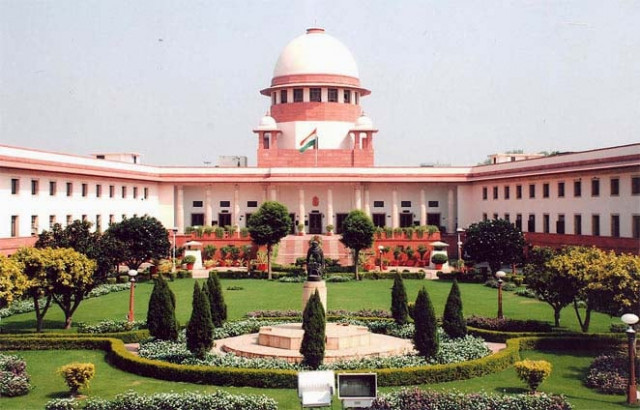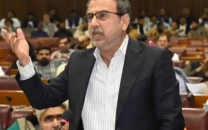India's Supreme Court sets rules for Sharia courts
Top court rejects petition seeking to ban Sharia courts, but stresses they had no legal powers over Muslims.

India's 150 million Muslims follow their own laws governing family life and other personal issues such as marriage and divorce, with Sharia courts used to rule on such matters and mediate in disagreements.
The top court said that Islamic judges, who interpret religious law, could only rule when individuals submitted voluntarily to them and their decisions, or fatwas, were not legally binding.
"Sharia courts are not sanctioned by law and there is no legality of fatwas in this country," CK Prasad said Monday as he read out the judgement from a two-judge bench.
The different personal laws followed by India's religious minorities are a sensitive political issue. The new Hindu nationalist government is committed to bringing in a common legal code for all.
Vishwa Lochan Madan, who petitioned the Supreme Court to disband Sharia courts, told AFP on Monday that his demand had been rejected.
"The Supreme Court observed that Sharia courts have no legal sanctity. But if people still want to approach these courts, it's their will," he said.
He filed his petition in 2005 and cited a case in which a woman was told to leave her husband and children and live with her father-in-law who had raped her.
"No religion is allowed to curb anyone's fundamental rights," the court added in its judgement while taking note of the case.
Qasim Rasool Niyazi, from the Muslim Personal Law Board, said the Supreme Court ruling vindicated his group's contention that Sharia courts were not a parallel judiciary.
They issue notices which are not legally binding, he explained. "It is just like an arbitration," he told the NDTV channel, adding that Islamic judges were required to follow the law of the land.


















COMMENTS
Comments are moderated and generally will be posted if they are on-topic and not abusive.
For more information, please see our Comments FAQ